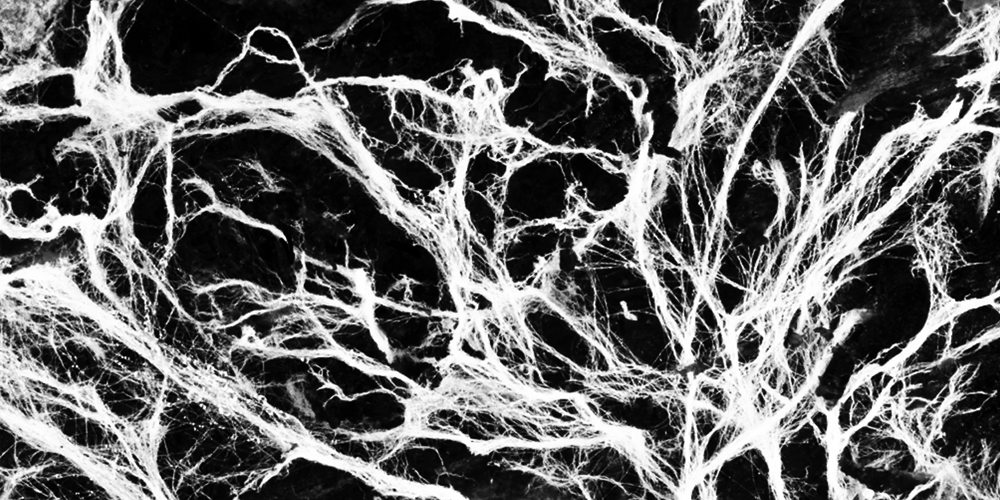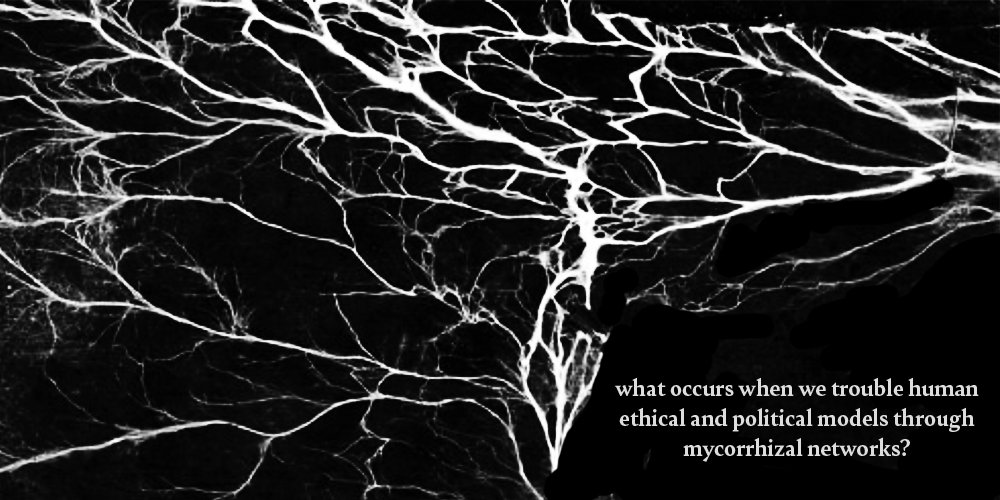
~click on the images and text to reveal the story~
ABOUT DEATHSPINS, SPUN ︎︎︎


The network became a buried, shimmering net. A warmth dripped down my face like hot yolk, an adoration for interconnected whole.
It said: I will hold you as you hold me.
Hyphae tangled itself between the roots and between my ribs.

Entangled within the network of mycorrhizal filaments, non bodies and hybrids bodies cradle the form of the earth, passing nutrients to the sinks that crave carbon, phosphorous, nitrogen.
An invisible, disregarded and elusive world, the network expandes underground, covering the whole forest. The forest breathes in deeply.
The vibrant interconnected mesh - shimmering.
The network became a buried, shimmering net. A warmth dripped down my face like hot yolk, the love of the deeply interconnected whole.
It said: I will hold you as you hold me
The network became a buried, shimmering net. A warmth dripped down my face like hot yolk, the love of the deeply interconnected whole.
It said: I will hold you as you hold me
